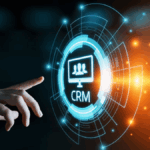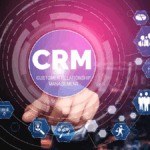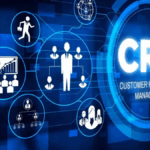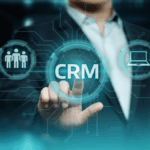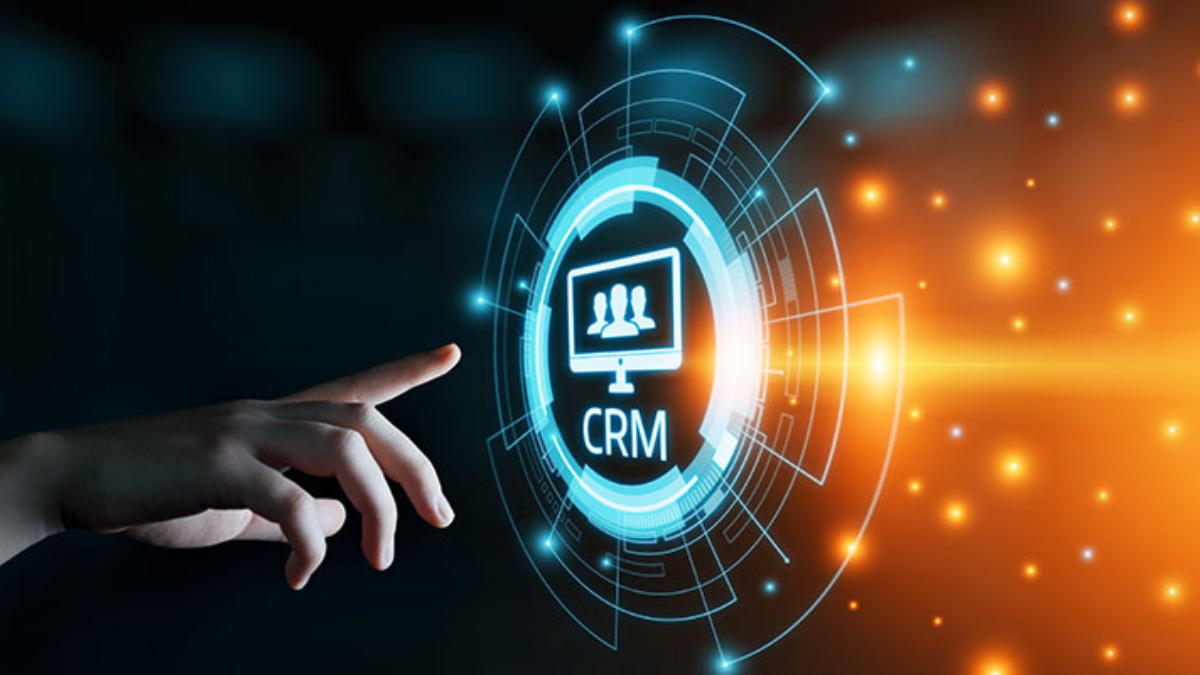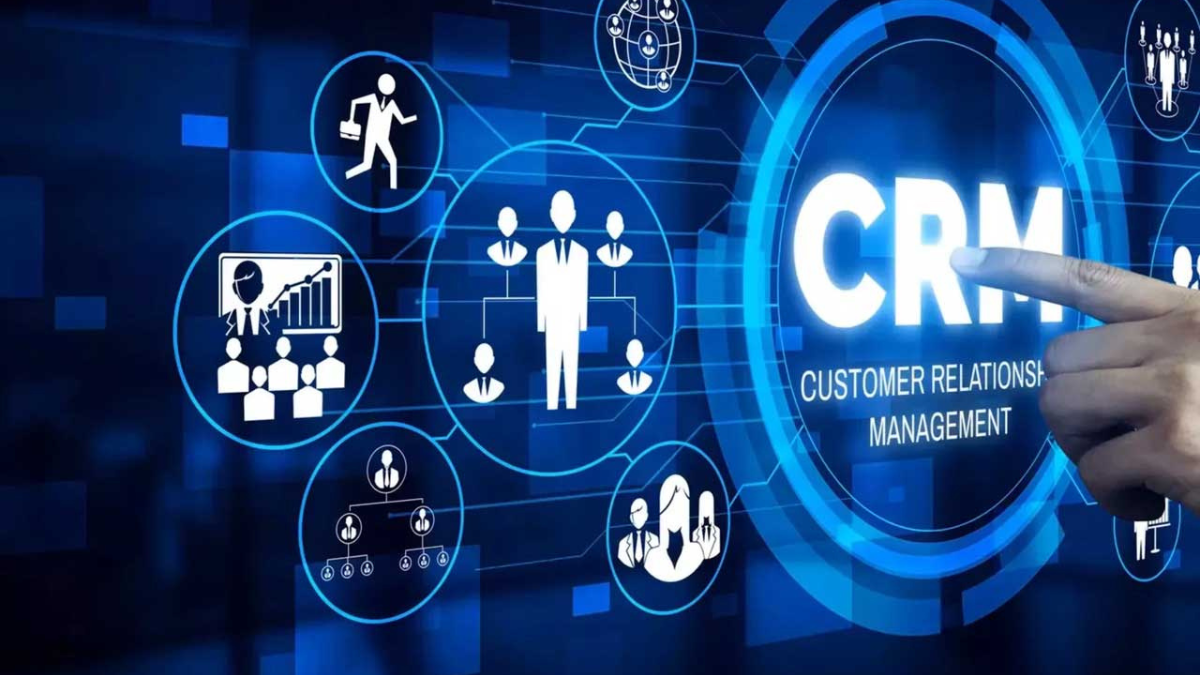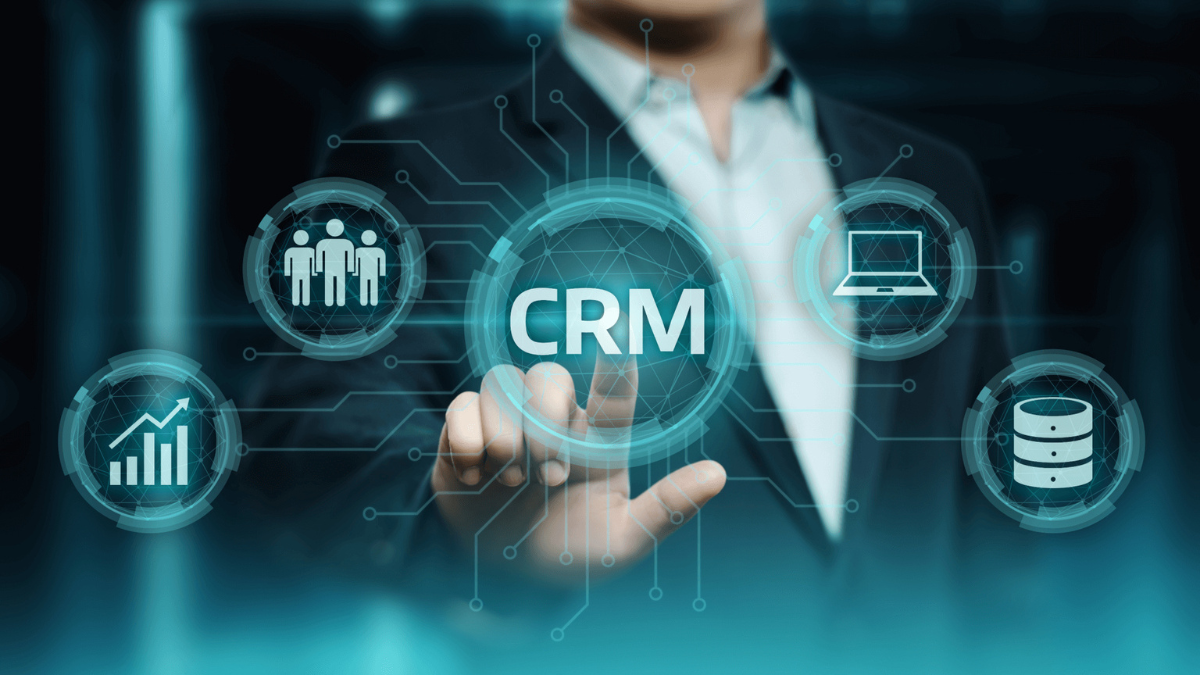In an era where customers expect lightning-fast responses, hyper-personalized experiences, and consistent service across all channels, businesses can no longer afford to rely on spreadsheets, scattered notes, or siloed communication tools. Enter the Customer Relationship Management (CRM) system — a vital tool for managing customer interactions and growing long-term relationships.
Whether you run a startup, a growing e-commerce business, or an established enterprise, adopting a CRM is no longer optional — it’s essential. This article breaks down why your business needs a CRM system now more than ever, and how it can empower you to thrive in today’s customer-centric economy.
What Is a CRM System?
Understanding CRM
CRM, or Customer Relationship Management, refers to the technology and practices businesses use to manage, track, and analyze customer interactions throughout the customer lifecycle. A CRM system centralizes customer information, automates processes, and streamlines communication across marketing, sales, and support departments.
How CRM Works
At its core, a CRM system:
- Collects and stores customer data
- Organizes contact and lead information
- Tracks sales pipelines and communication
- Automates tasks like emails and follow-ups
- Provides analytics to support decision-making
The Urgency: Why CRM Is Crucial Right Now
1. Customer Expectations Have Changed
Today’s customers expect:
- Personalized communication
- Quick response times
- Consistency across channels
Without a CRM, meeting these demands is nearly impossible.
2. The Rise of Remote and Hybrid Teams
With distributed teams becoming the norm, a cloud-based CRM ensures everyone can access the same up-to-date customer information — no matter where they are.
3. Data Overload
Companies generate more data than ever before. A CRM helps organize this information into actionable insights that improve service, sales, and customer retention.
4. Competitive Advantage
Your competitors are likely already using CRM tools to manage leads, automate communication, and close more deals. Not using one puts you at a serious disadvantage.
How CRM Adds Value to Every Business Function
CRM for Sales
- Track leads and opportunities
- Manage deals through pipelines
- Automate follow-ups and reminders
- Forecast revenue with accuracy
CRM for Marketing
- Segment audiences
- Launch and track email campaigns
- Score and nurture leads
- Measure campaign ROI
CRM for Customer Service
- View full customer history instantly
- Assign, escalate, and resolve tickets
- Track service levels and satisfaction
- Enable self-service through knowledge bases
Key Features of Modern CRM Systems
Contact and Lead Management
Maintain detailed customer profiles, track interactions, and store notes or documents.
Sales Automation
Auto-assign leads, move deals through pipelines, and get reminders for important activities.
Email and Communication Integration
Connect your email or phone system to log calls, send emails, and track engagement without switching tools.
Marketing Automation
Schedule campaigns, set behavior-based triggers, and personalize outreach.
Analytics and Reporting
Track performance metrics like sales conversion rates, campaign effectiveness, and customer satisfaction scores.
Mobile Access
Access CRM data from any device, empowering teams on the move.
The Cost of Not Having a CRM
Missed Opportunities
Without proper tracking, leads fall through the cracks and follow-ups get delayed.
Poor Customer Experiences
Inconsistent service and lack of personalization drive customers to competitors.
Disconnected Teams
Sales, marketing, and support teams operate in silos, reducing efficiency and collaboration.
Inaccurate Forecasting
Without centralized data, business decisions are based on guesswork, not facts.
CRM and Personalization: A Game Changer
Know Your Customers
CRM systems gather insights like:
- Browsing and purchase history
- Customer preferences
- Communication habits
This allows businesses to tailor messages and offers based on real behavior.
Build Trust and Loyalty
Customers respond better when they feel known and valued. Personal touches powered by CRM data increase repeat purchases and referrals.
Real-World Example: From Chaos to Clarity
Business Type: Digital Marketing Agency
Problem: Using Excel and email to track leads led to missed deadlines and unresponsive clients.
CRM Implemented: Zoho CRM
Key Actions:
- Set up sales pipeline tracking
- Created follow-up automation
- Integrated Gmail for unified communications
Results in 4 Months:
- Response time dropped by 40%
- Lead conversion rate increased by 28%
- 95% reduction in missed follow-ups
Choosing the Right CRM: What to Look For
1. Ease of Use
A steep learning curve reduces adoption. Look for intuitive interfaces and onboarding support.
2. Customization
Ensure the CRM allows you to customize fields, dashboards, workflows, and user permissions.
3. Integration Capabilities
Can it connect with your email, calendar, e-commerce platform, or project management tools?
4. Mobile Support
Your team should be able to access the CRM on the go, especially field agents and sales reps.
5. Pricing and Scalability
Choose a CRM that grows with you. Start with what you need, but ensure it can handle future complexity.
CRM Systems You Should Know
HubSpot CRM
- Best for small to mid-sized businesses
- Free plan with essential features
- Seamless marketing automation tools
Salesforce
- Ideal for large businesses and enterprises
- Customizable and scalable
- Extensive third-party integration options
Zoho CRM
- Budget-friendly with comprehensive features
- AI-powered sales predictions
- Good for startups and SMEs
Freshsales
- Great for fast-growing businesses
- Built-in phone, email, and chat support
- Visual sales pipelines
Pipedrive
- Best for sales-driven teams
- Drag-and-drop pipeline management
- Easy to use with excellent reporting
CRM for Small Businesses: A Smart Investment
You don’t need a massive budget or IT team to benefit from CRM. In fact, for small businesses, a CRM can:
- Level the playing field with larger competitors
- Automate time-consuming tasks
- Improve customer retention
- Drive smarter marketing campaigns
Getting Started With CRM: Simple Steps
1. Define Your Goals
Do you want to track leads, improve service, or automate emails? Start with clear objectives.
2. Get Team Buy-In
Educate your team on how the CRM helps them work smarter, not harder.
3. Choose the Right Platform
Compare top tools based on budget, features, support, and scalability.
4. Import and Organize Your Data
Clean up your contact list and upload it into the CRM for a fresh start.
5. Customize and Automate
Set up workflows, fields, tags, and templates tailored to your process.
The Future of CRM: What’s Next?
AI and Predictive Analytics
CRMs will suggest next-best actions, auto-score leads, and predict churn or upsell opportunities.
Voice and Chat Integration
Expect native support for Alexa, Google Assistant, and AI-powered chatbots.
Hyper-Personalization
Using real-time data, CRMs will help create experiences tailored to the exact moment of need.
Industry-Specific CRMs
More vertical-specific CRMs (e.g., for healthcare, legal, real estate) will emerge with tailored workflows.
Conclusion
The need for CRM systems in 2025 and beyond is non-negotiable. In a world where customers are more informed, more connected, and more demanding, businesses that invest in CRM systems are investing in their future. CRM doesn’t just store contacts — it builds relationships, enhances customer satisfaction, and drives predictable growth.
Whether you’re a solo entrepreneur, an SMB owner, or a corporate decision-maker, a CRM will help you serve better, sell smarter, and grow faster. The time to implement one isn’t next year — it’s now.
FAQs
1. How soon will I see benefits from using a CRM?
Many businesses see improvements in productivity, lead management, and communication within the first 30–90 days.
2. Is CRM only for sales teams?
No. CRM systems benefit marketing, customer service, operations, and management by centralizing customer data and streamlining processes.
3. Can I use a CRM with my existing tools?
Yes. Most modern CRMs integrate with tools like Gmail, Outlook, Slack, Zoom, Shopify, Mailchimp, and more.
4. Is CRM expensive?
Not necessarily. Platforms like HubSpot and Zoho offer free or low-cost plans with solid features for startups and small businesses.
5. What happens if I choose the wrong CRM?
You may face poor adoption and inefficiency. That’s why it’s crucial to test platforms via free trials and choose one that aligns with your needs and growth plans.

